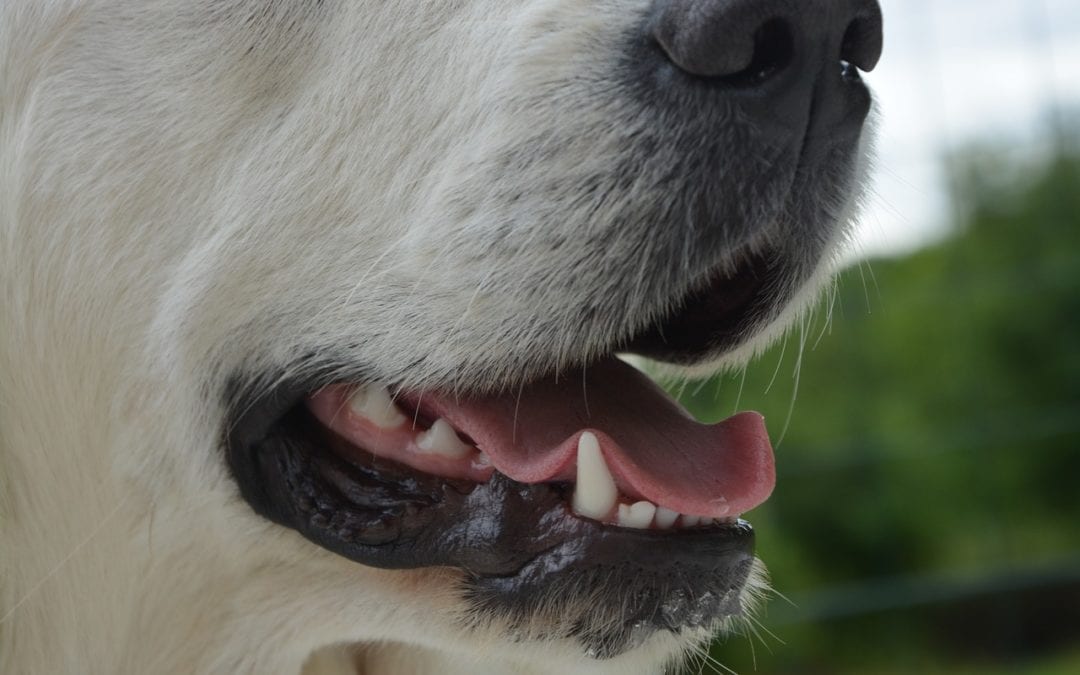Canine kennel cough has been a hot topic of late, especially with the recent canine flu outbreak. Pet owners are anxious to learn more about this contagious disease and how to best protect their pets. Read on to learn what savvy owners need to know about canine kennel cough vaccination.
The Concern with Kennel Cough
Kennel cough, known in more academic circles as infectious tracheobronchitis, is a fairly common ailment among our canine companions. This upper respiratory infection most often results in a characteristic goose-honk cough that is unmistakable.
While kennel cough is annoying to both the owner and the pet, it is rarely serious. It can, however, be costly to treat and is extremely infectious. Occasionally, pneumonia can also ensue, resulting in much more serious consequences.
While the term “kennel cough” is often thrown around as the name of a single disease, the truth is that canine kennel cough is rarely caused by just one bug. Often, a combination of bacteria and viruses result in the disease. The most common culprits include:
- Bordetella bronchiseptica
- Parainfluenza virus
- Canine adenovirus 2
- Mycoplasma
- Canine influenza
Pets are infected when they are exposed to a dog who is shedding the infection in his or her respiratory secretions. Infected pets often become sick within a few weeks of exposure.
Questions We Hear from Pet Services Clients
Can my dog still come to daycare?
As in a human daycare setting, we ask that you keep your dog out of daycare as long as there is active coughing. Your dog is welcome back when he or she has gone 24 hours without coughing.
Can my dog still board?
We ask that if your dog is actively coughing, you seek other arrangements such as a house sitter so that we do not spread the virus.
Canine Kennel Cough Vaccination
Due to the fact that a kennel cough outbreak may be caused by several combinations of infectious agents, no one vaccine can provide complete protection. A complete canine kennel cough vaccination actually involves a few vaccinations:
Bordetella vaccination – We traditionally think of this vaccine when trying to protect our pets against kennel cough. Bordetella bronchiseptica is the most common organism involved in kennel cough, making it important to vaccinate against. The vaccine is labeled to be administered yearly, however Union Lake Veterinary Hospital facilities (such as boarding and daycare) require the vaccine to be administered twice yearly. This is due to information showing that immunity may begin to wane after about 6 months.
Distemper combination vaccine – Your pet’s annual distemper combination vaccine actually provides protection against parainfluenza and canine adenovirus 2. Keeping your pet’s vaccinations current can help provide protection against the second and third most common kennel cough causing agents.
Canine influenza vaccination – A vaccine exists that protects against one strain of canine influenza, or dog flu. Certain pets who are at high risk may benefit from receiving this vaccine but it isn’t currently a required vaccination.
Kennel cough is nothing new, but recent outbreaks have shed a lot of attention on the disease. Keep safe by following vaccine recommendations for your pet. As always, please let us know if you have questions or concerns about canine kennel cough or our vaccine recommendations.
We are here to help.

